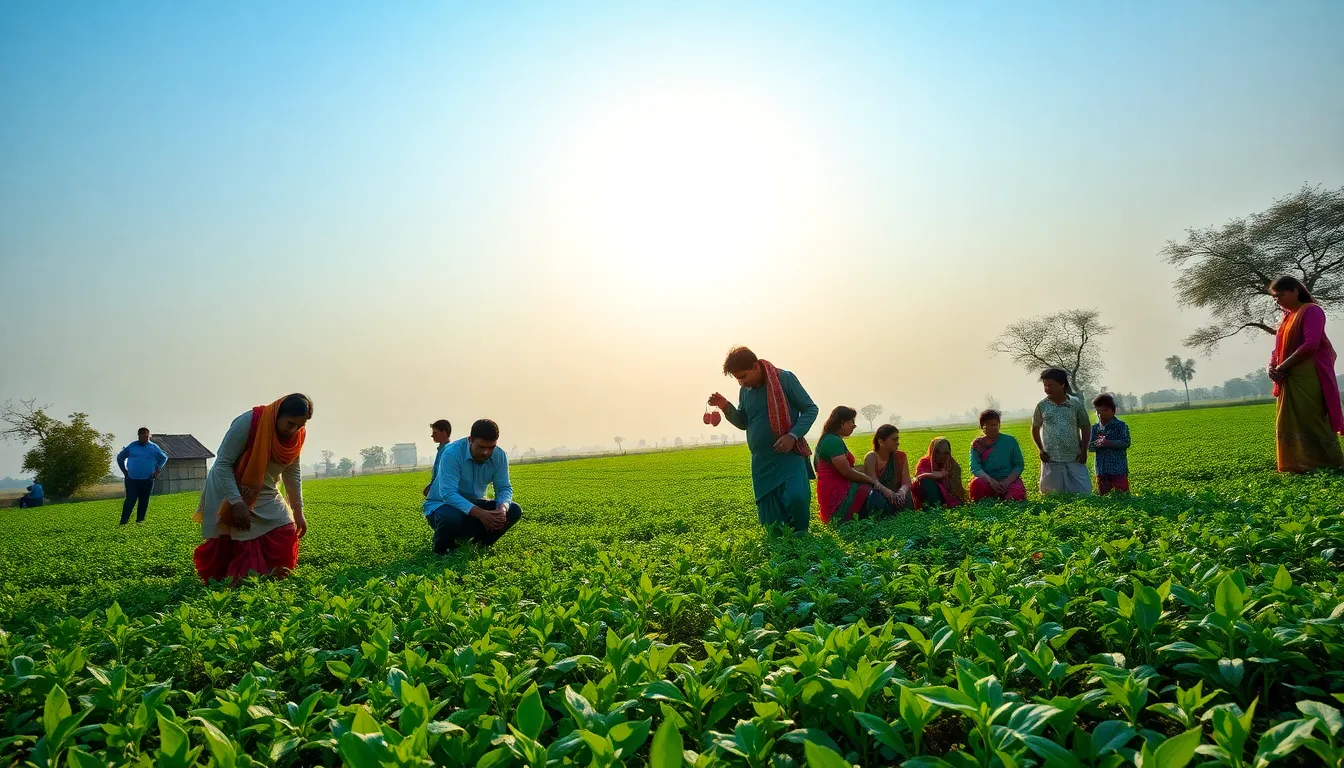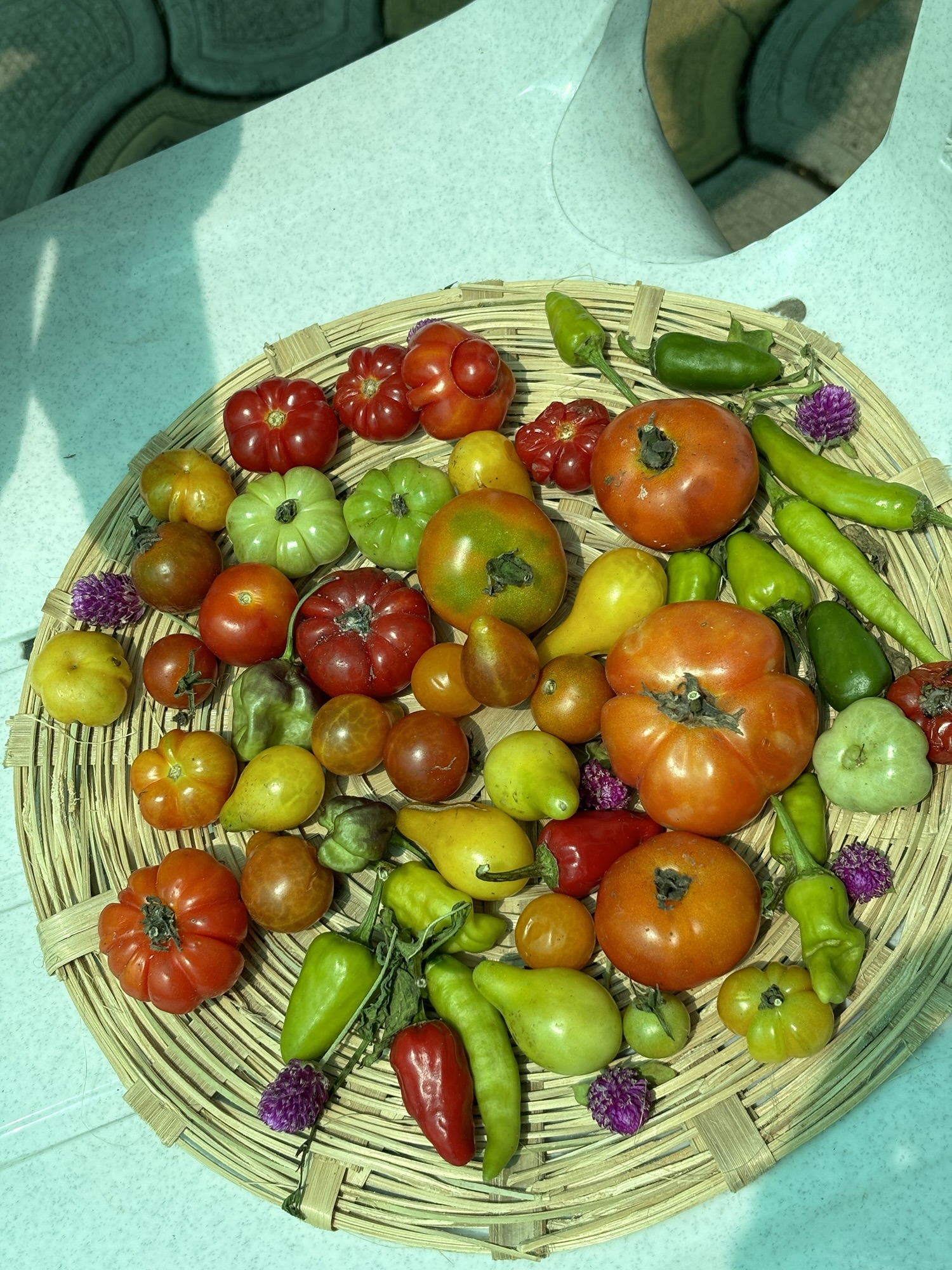In a groundbreaking achievement for Indian agriculture, the International Crops Research Institute for the Semi-Arid Tropics (ICRISAT) has developed the world’s first extreme heat-tolerant pigeonpea variety, named ICPV 25444. This innovative cultivar can mature in just 125 days and withstand high temperatures of up to 45 degrees Celsius. This advancement is crucial for farmers facing the challenges of climate change, particularly in regions where extreme heat can devastate crops.
ICPV 25444 has shown remarkable results during field trials in multiple Indian states, including Karnataka, Odisha, and Telangana. Farmers have reported yields of up to 2 tons per hectare, even in the scorching summer heat. Traditionally, pigeonpea was limited to the rainy season due to its sensitivity to temperature and photoperiod. However, this new variety allows farmers to cultivate pigeonpea during the summer, significantly boosting their income and food security.
Dr. Himanshu Pathak, Director General of ICRISAT, highlighted the importance of this breakthrough, stating that it demonstrates what science can achieve when driven by urgency and purpose. He emphasized that this cultivar could help address the pulse shortages and climate challenges faced by farmers across India.
The development of ICPV 25444 is made possible through a pioneering speed-breeding protocol created by ICRISAT. This protocol drastically reduces the time needed to create new varieties from 15 years to just five years. Dr. Stanford Blade, Deputy Director General of Research and Innovation at ICRISAT, explained that researchers can now grow up to four generations of the crop each year. This acceleration is crucial for responding to the growing demand for pigeonpea in India, where current production stands at 3.5 million tons annually, while the demand is projected to reach 1.5 million tons.
The pigeonpea variety is seen as a dual strategy to increase domestic production. By expanding cultivation in areas facing moisture stress, farmers could enhance their profitability significantly. Pigeonpea can yield between 1.5 to 2 tons per hectare, providing farmers with an additional income of around ₹20,000 per hectare.
Field trials have already indicated positive results. In Bagalkot, Karnataka, two farmers expressed interest in growing the new variety during the summer season. They reported good growth and are optimistic about achieving excellent yields. This adaptability to extreme weather conditions can potentially transform the pigeonpea into an all-season crop in India, enhancing food security amid climate variability.
As climate change continues to challenge traditional farming practices, ICPV 25444 brings hope for sustainable agriculture. It provides farmers with a high-value, climate-resilient crop that can be cultivated during unpredictable seasons. This innovation is not just about increasing yields; it’s about securing livelihoods and ensuring food systems are sustainable in the face of climate challenges.
The introduction of ICPV 25444 aligns with global goals for sustainable development, particularly in combating hunger and poverty. The collaborative efforts of ICRISAT, supported by various governmental and non-governmental organizations, underscore the importance of innovation in agriculture. As farmers begin to adopt this new pigeonpea variety, the potential for improved economic outcomes and food security looks promising.
In conclusion, the development of ICPV 25444 represents a significant step forward for Indian agriculture. This heat-tolerant pigeonpea variety not only offers a solution to the immediate challenges posed by climate change but also paves the way for a more resilient agricultural future in India. With continued support and research, ICRISAT’s efforts could lead to even more breakthroughs that benefit farmers and communities across the nation.





